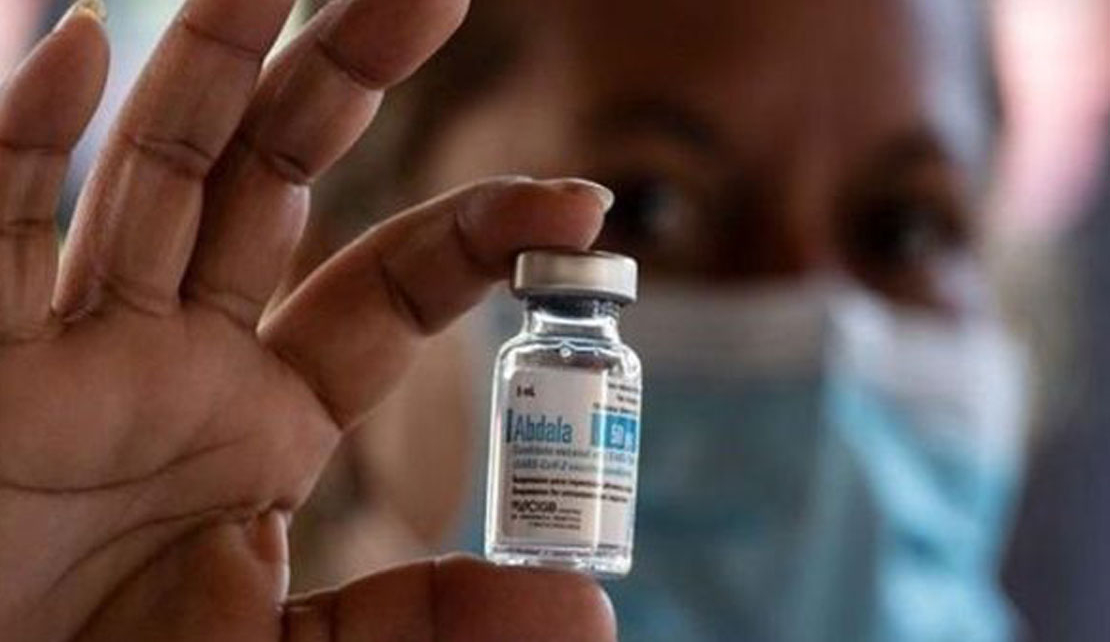CUBA | Cuban Biotechnology, Pride of a Caribbean Island

Five years ago, when the COVID-19 pandemic ravaged the world, the country was in a leading position in the development of five candidate vaccines to combat the disease.
Cuba, a small Caribbean island, holds one of the world's greatest achievements in the field of biotechnology, to the point that developed countries have signed collaboration agreements with the island's research centers.
It all began in the 1980s at the initiative of the then president, the legendary Commander-in-Chief Fidel Castro. Initial steps were the creation of important biomedical research institutions, included in a coordinating council called Frente Biológico, created in 1981. Among its first tasks was to obtain interferon, a group of proteins with antiviral properties.
In 1986, the Center for Genetic Engineering and Biotechnology (CIGB) was founded. At that time, developed countries were beginning to develop some projects in the field of biotechnology while Cuba was laying the foundations for large-scale industrial development in this field.
Strategies were devised and thus, at the beginning of the economic crisis, which in Cuba was known as the Special Period, the Finlay Vaccine Institute was founded in 1991. The need to modernize and increase the production of vaccines in the country led to the creation of this center, thus becoming the scientific organization responsible for their research, development, production and commercialization.
An important part of the success of Cuban biotechnology today is due to the model chosen, which is worth highlighting when compared to that of developed countries.
Companies in this sector in developed countries have the resources to innovate. They achieve great results, which they then promote on the world market, resulting in competition between companies, each striving to obtain a product with the greatest impact. This phenomenon often ends up violating ethical standards in their quest to be better.
Cuban companies do not suffer from this inconvenience, which allows them to maintain a constant exchange, always up to date with the main advances in their respective fields. According to some researchers, "a policy was generated for the development of science, technology and environmental protection, steeped in ethical values, with a humanistic sense and teamwork, inter-institutional collaboration, international solidarity and promotion of the various fields of scientific research, including basic sciences, technical and nuclear sciences, and the field of social sciences and humanities."
La #vacuna #Abdala induce elevados niveles de anticuerpos contra las variantes del virus SARS-CoV-2, incluida Ómicron. Esta protección persiste en el tiempo, después de aplicada la serie primaria de inmunizaciones, y se incrementa luego de la aplicación de dosis de refuerzo. pic.twitter.com/I52RlGETld
— CIGBCuba (@CIGBCuba) February 1, 2024
In this way, Cuba was in a leading position to create five candidate vaccines to combat the COVID-19 pandemic that ravaged the world five years ago. Eventually, three were produced on a large scale: Abdala, Soberana 01 and Soberana 02.
After meeting the needs of the national population, the Cuban government decided to export the vaccines and patents so that other countries could manufacture them on a large scale, since their efficacy was proven. Iran is one of the countries that manufactures the vaccine, called Pasteur, under Cuban license from Soberana 02.
This is undoubtedly a noteworthy merit. At present, there is a whole network of companies on the island working on the development of vaccines and treatments against diseases that are a worldwide scourge, such as AIDS. All of them are grouped under the BiocubaFarma corporation, certainly the best of the country's industries, Cuba's prestige in the world.
